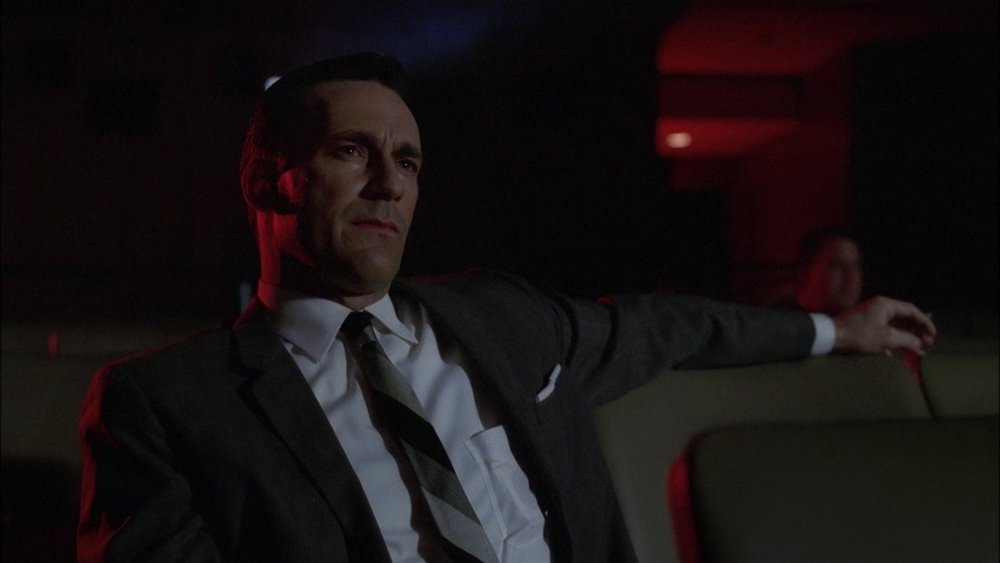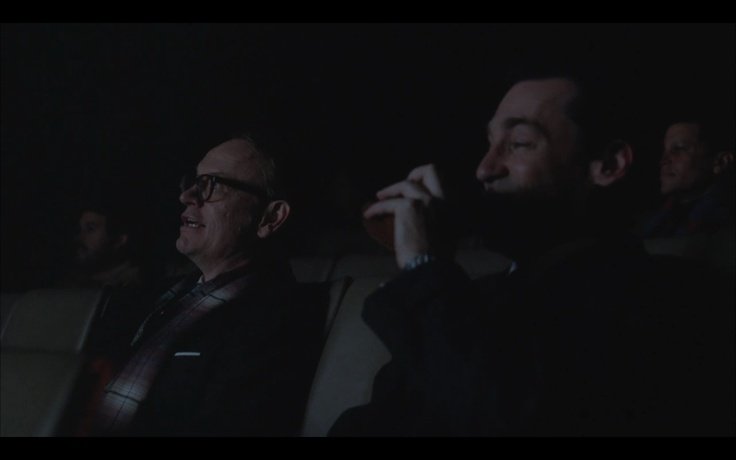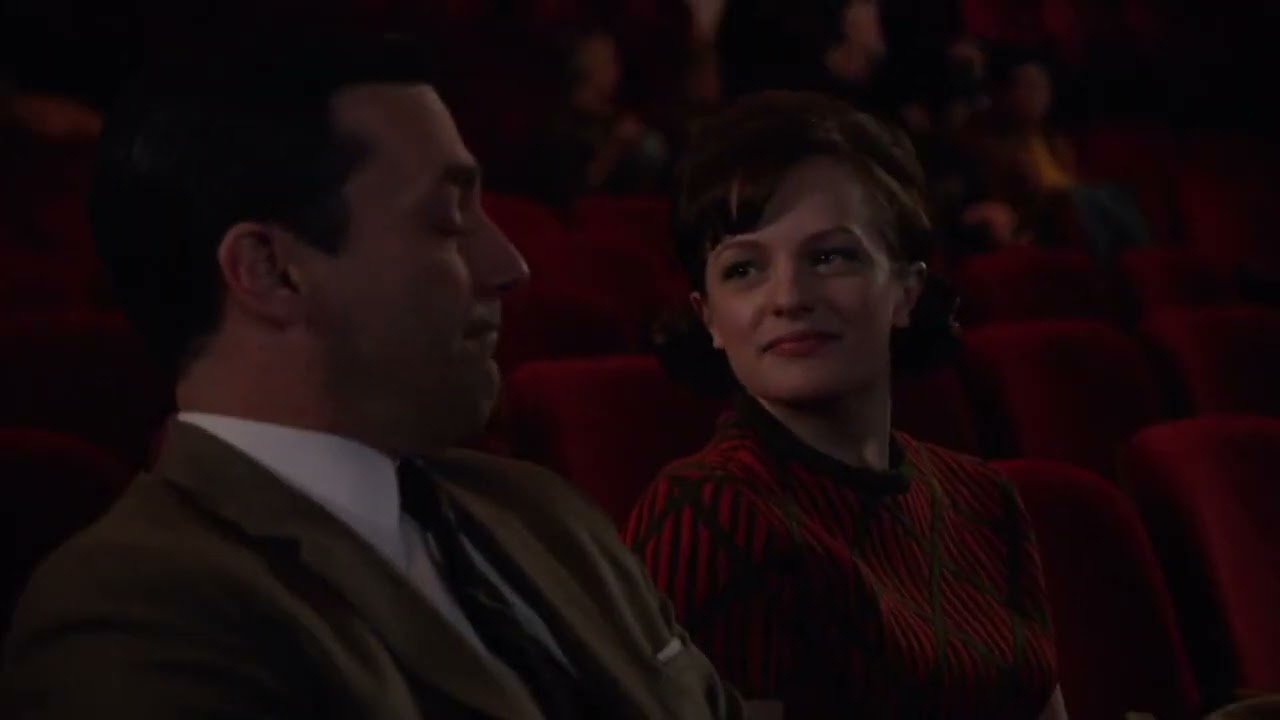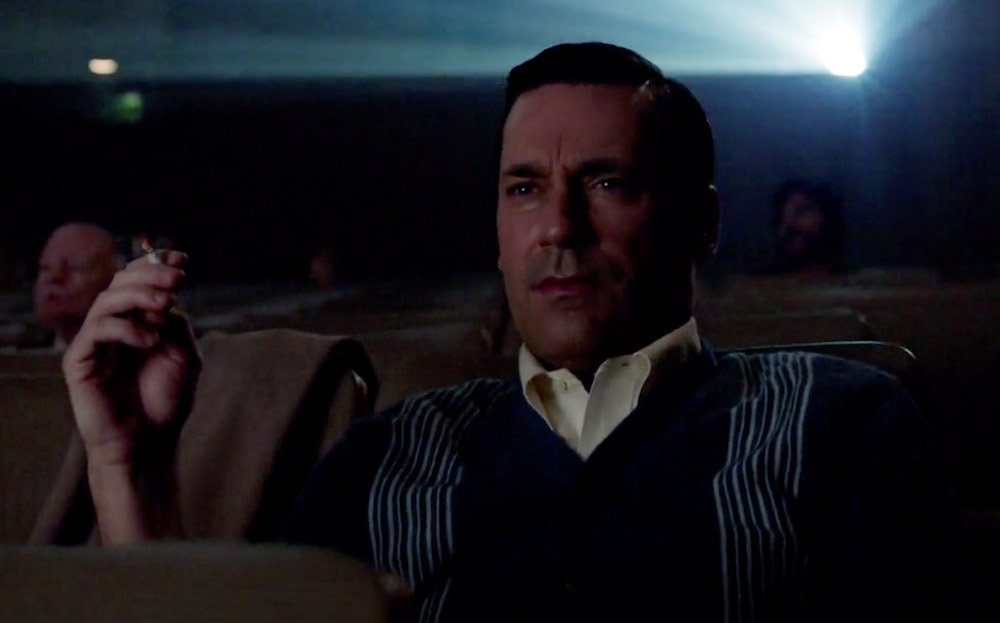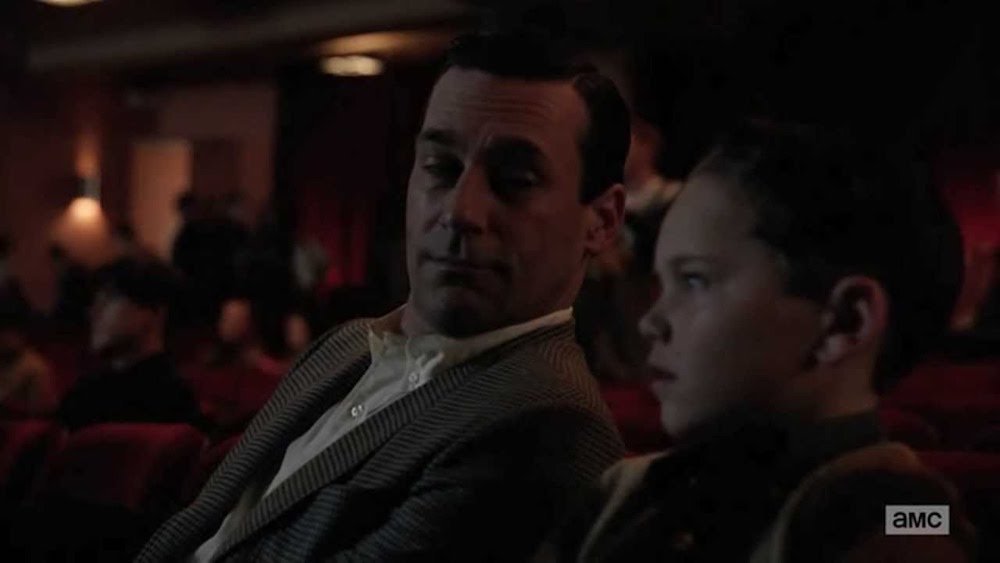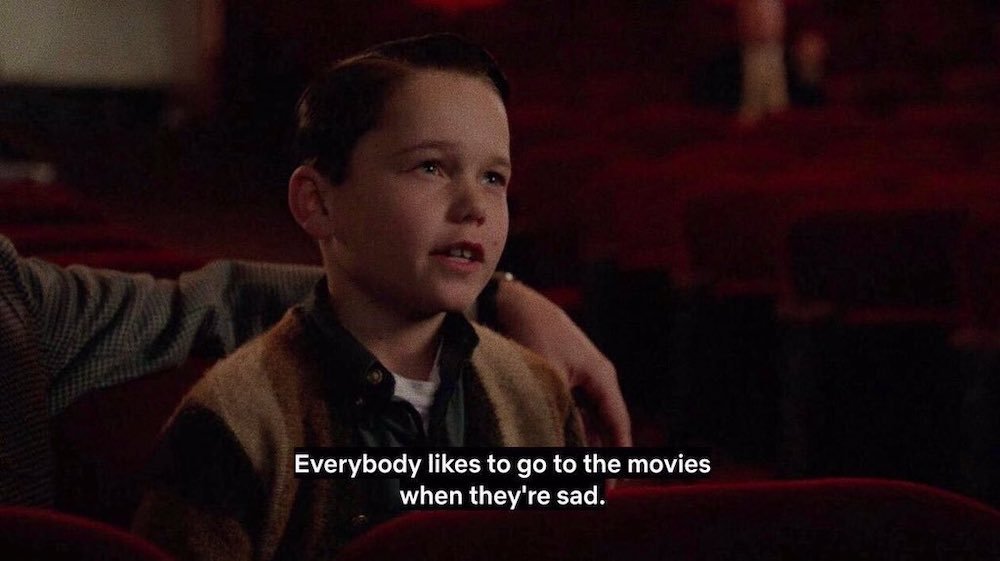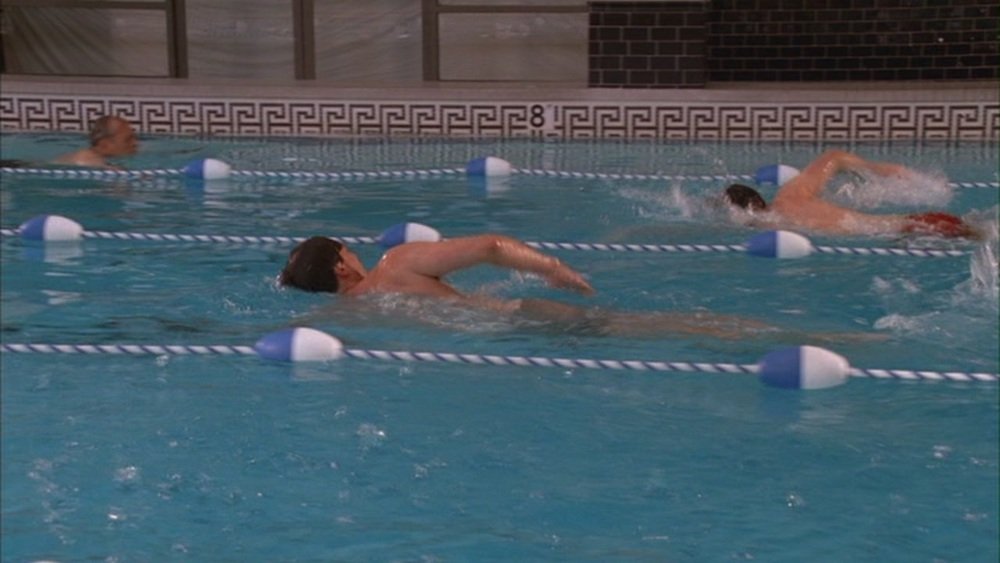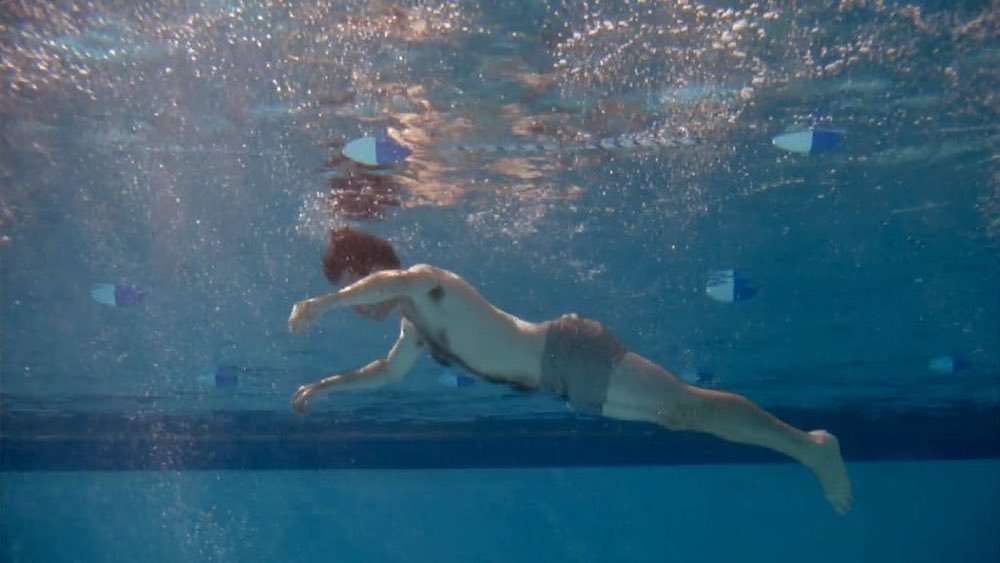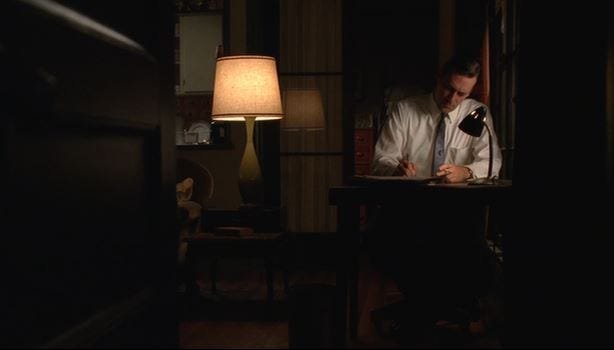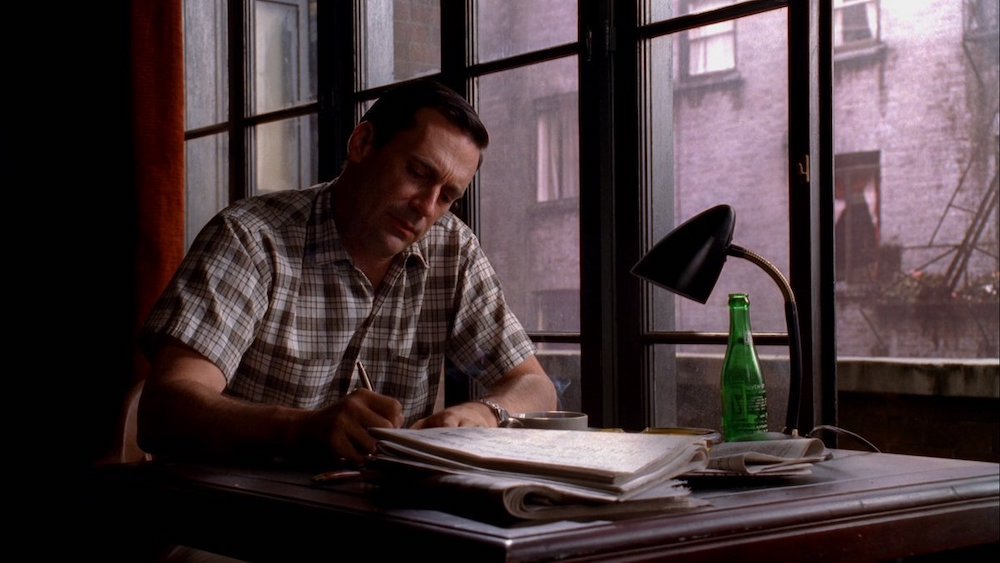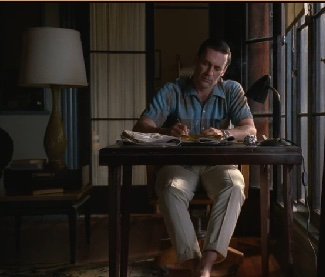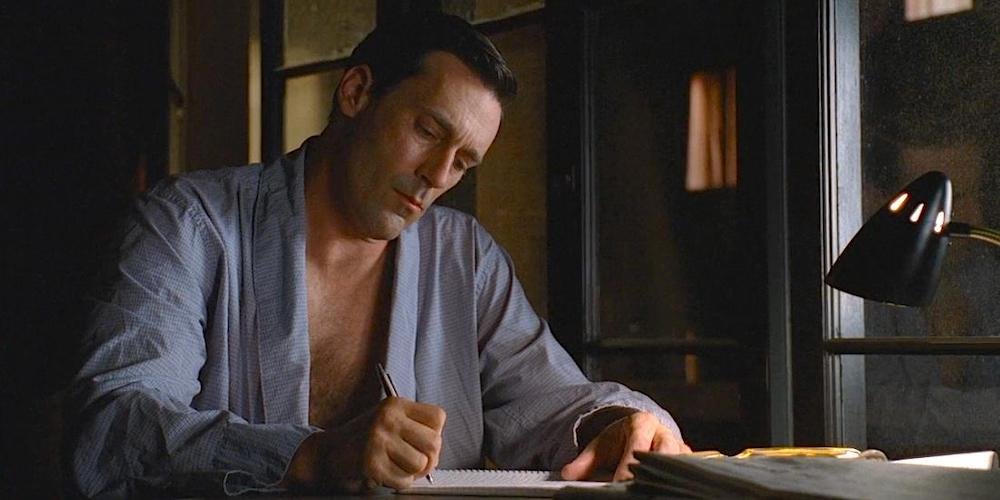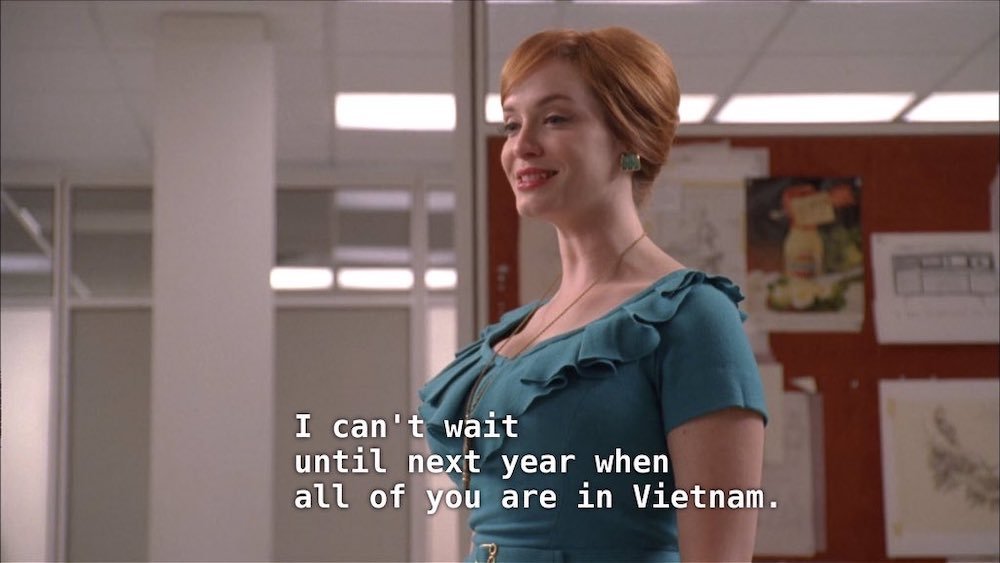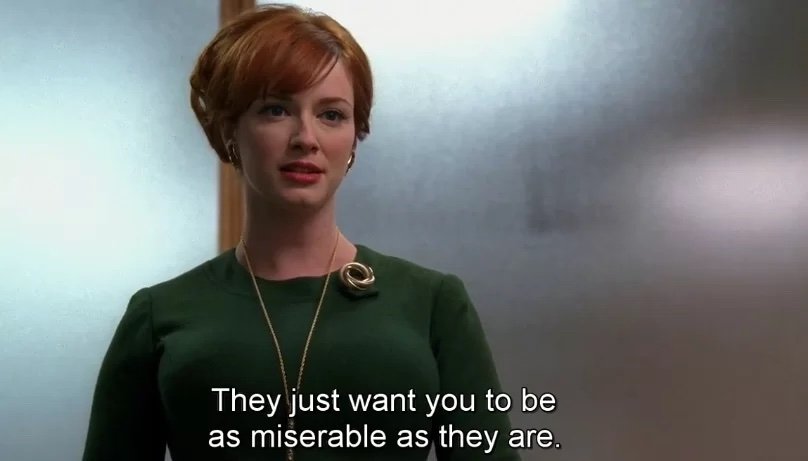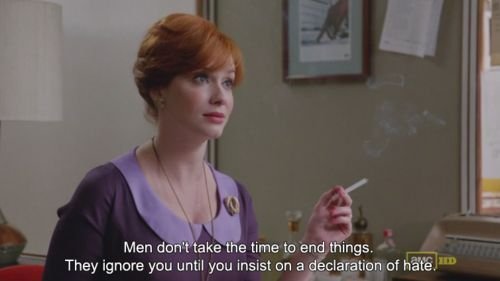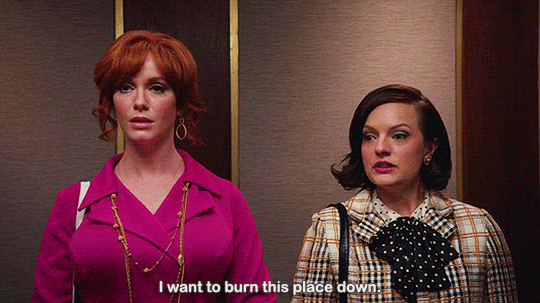Belated Viewing of Mad Men
I spent most of this month watching for the first time all 7 seasons of Mad Men, and last night I watched the finale. I know I’m very late to this, but now I know why it is regarded as one of the best American television shows in history. I was gripped right from the start. Well written, great cast, beautiful set design and fashion, sorrowful and humorous - perfect to watch during dark winter nights.
I love its depiction of a decade, starting in 1960, when the so called American optimism of the 1950s still lingered on, and transforming into a decade of innovation, conglomeration, pessimism, activism and radicalisation, ending in 1970.
Set in the world of advertising that is mysoginistic and sexist, glamourous and hedonstic, creative and cynical, and the personal and professional lives of richly written characters, ranging from living up to societal expectations, or ones that are escaping their past, “Get out of here and move forward.” A never-ending act of image making and reinvention of self, or product. “Success comes from standing out. Not fitting in.”
A life of existenialism, emotional void and never feeling satisfied. Melancholic at its core.
I know there’s a lot of good writing about Mad Men out there and I’m in the process of finding them. Two pieces from Reverse Shot stood out for me today:
The Great Escape: The Final Transformation of Mad Men by Morad Moazami
Despite being set in the advertising world, creator Matthew Weiner’s series has never really been about advertising, or the ethos and social mores of the 1960s, for that matter. It’s even problematic to merely characterize the show as a critique of its corporate characters’ empty lives. On account of its meticulous, almost baroque storytelling, the series has never limited its scope to one subject. All the same, its strains have nevertheless persistently returned to one, distinguishing refrain of great American art—the prospect of escape. Mad Men is about a young nation’s dubious promise and potential for continual reinvention, and the desire this instills in the individual to forget one’s history and past, and in its place, construct another life and identity afresh.
Michael Koresky’s Cinematic Appreciation of Matthew Weiner’s Mad Men:
Effectively and appropriately, Don Draper is the kind of character who has the dimensions of a movie icon but has been cruelly made small—all the better to fully examine him in close-up on our television screens. We have seen him morph from fresh-faced and slender to worn and paunchy, yet Hamm always remains vivid, dramatic, and beautiful. It’s to this character that the show always delivers its most cinematic strokes—its close-ups, its slow-motion, its psychologically acute expressionistic flourishes. In the first season, after abandoning his daughter during her birthday, we see him parked in a vacant garage, staring out the windshield. His face is caressed by tendrils of elegantly lit, noirish cigarette smoke. Then we see him from a distance, still sitting in the driver’s seat, but in a long shot, the red railroad-crossing lights warning of an approaching train blinking in the extreme foreground, out of focus. There’s a nearly Sirkian tragic symbolism to the composition, powerful enough to make categories like cinema and television all but moot.
My favourite things about the show.
Relating to a few of Don Draper’s habits":
Don Draper’s daytime cinema going - to get away from everyone, and for creative inspiration.
One particular cinema outing though really hit me hard. When Don took his son Bobby to watch Plant of the Apes, and Bobby’s reaction “So, he came back to here…JESUS.” which reminded me exactly of how I felt when I first watched the film on television when I was a kid.
Also, Bobby saying ”Everybody likes to go to the movies when they’re sad.” Talk about feeling seen.
Don Draper taking up swimming to improve his health.
“It's an effort to get in the water, but when you do you're weightless and you don't even sweat.”
Don Draper starting a journal to process his thoughts. ”Gain a modicum of control over the way I feel. I want to wake up one day being that man”.
Team Joan:
I wasn’t expecting Joan (Christina Hendricks) to be my favourite character. The real feminist in this show. I was team Joan all the way, even when she made a few bad decisions, and was glad she had a happy ending that didn’t involve her having to settle for a man who wouldn’t let her do what she wants after she became financially independent. Also everything she wore looked great on her.
My two favourite Don Draper secretaries, both sarcastic and assertive in their own ways:
Ida Blankenship (Randee Heller)
Meredith (Stephanie Drake)


